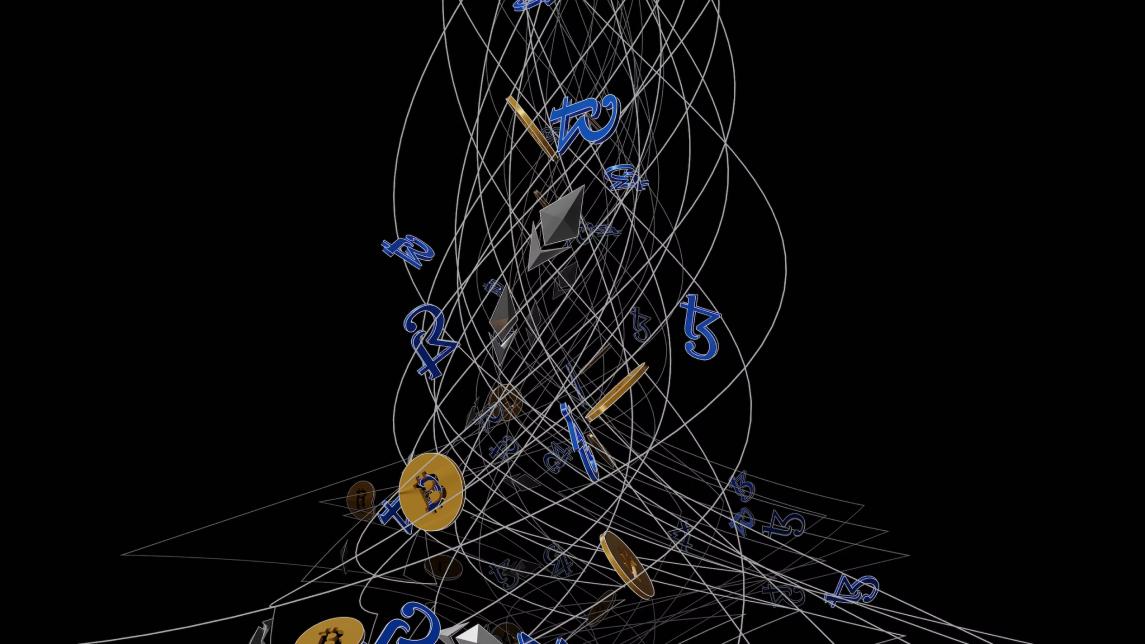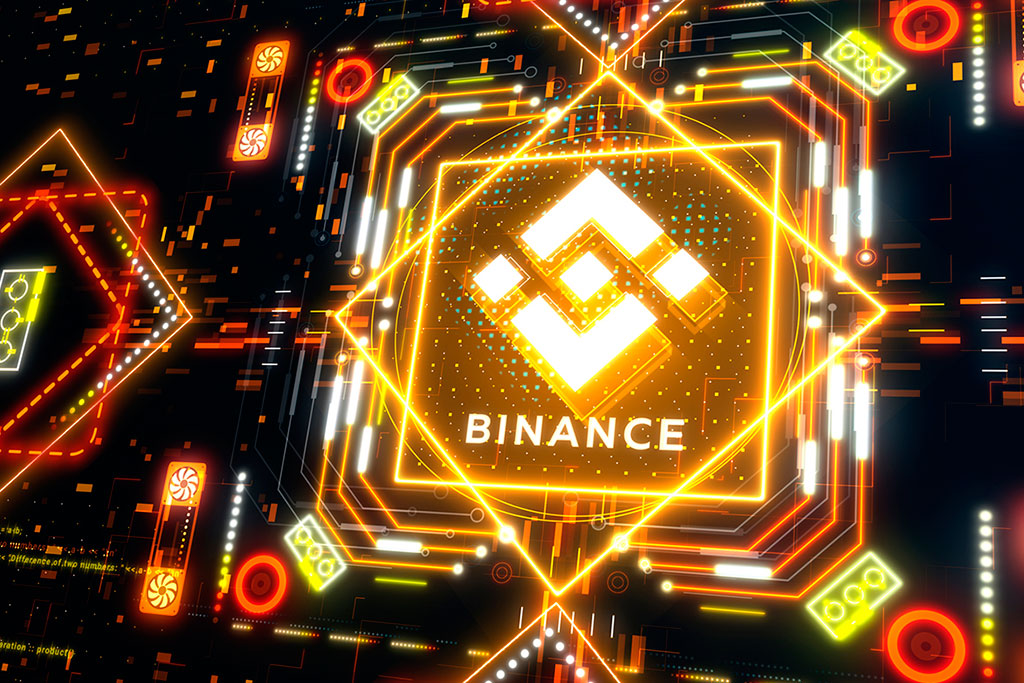Bitcoin developer Jimmy Song has expressed skepticism towards the Ordinals protocol, comparing it to run-of-the-mill altcoin scams. Song, known for his maximalist views, has raised concerns about the impact of Ordinals on the Bitcoin network.
Exploiting Bitcoin’s reputation
Song argues that Ordinals is essentially an altcoin scam that capitalizes on the Bitcoin branding to deceive individuals. By leveraging the Bitcoin network and adopting the narrative of sound money and self-sovereignty associated with Bitcoin, Ordinals has managed to appear legitimate and credible.
According to Song, this strategy has become increasingly popular as releasing tokens on other platforms like Ethereum or Solana now faces more significant challenges in escaping the “shitcoin” label. He believes that Ordinals, like many altcoins, focuses on token peddling and speculation rather than advancing Bitcoin’s mission of economic freedom.
Speculation about a possible Bitcoin fork
The discussions surrounding Ordinals and its potential implications for the Bitcoin network have led to speculation about a possible Bitcoin fork in 2024. This speculation is fueled by concerns over network congestion, block space limitations, and rising transaction fees.
It underscores the growing divide within the Bitcoin community and highlights the challenges of reaching a consensus in a decentralized ecosystem
A divide in the Bitcoin community
Song’s stance is part of a broader debate within the Bitcoin community about the direction and use of the network. While Song takes a purist approach, warning users not to be deceived by Ordinals and urging the community to expose the protocol as a scam, others see benefits in Ordinals.
Ordinals was launched earlier in the year with an initial value of around $25. However, the token experienced a sharp decline in value in the weeks following its launch, dropping to around $5. Despite this, the token has rebounded significantly, currently trading between $75 to $80.
MicroStrategy chairman Michael Saylor has praised the protocol for its potential to attract talent and creativity away from rival blockchains. Proponents argue that Ordinals has also been beneficial for Bitcoin miners, as the protocol has generated substantial extra fees since its launch, revitalizing mining operations and incentivizing network security.
A larger discussion about Bitcoin’s future
The controversy surrounding Ordinals is part of a broader discussion about the future of Bitcoin and the challenges of balancing evolving demands on the network. This debate touches on the fundamental principles of Bitcoin, such as being an open and permissionless network, and the need to maintain these principles while adapting to new developments and use cases.





